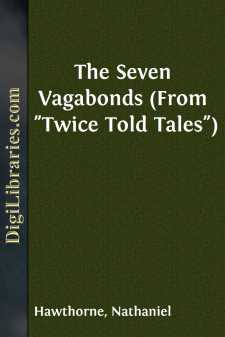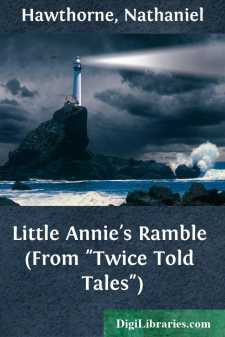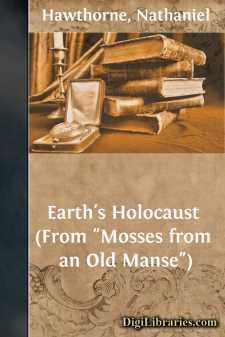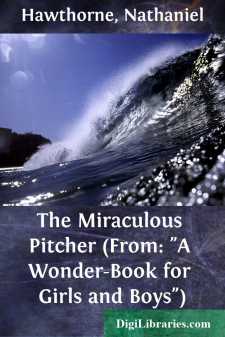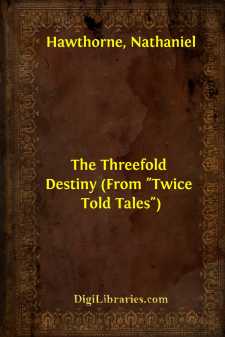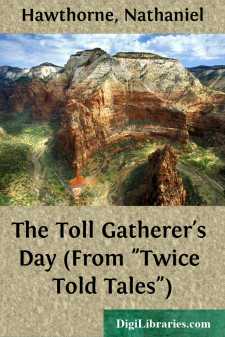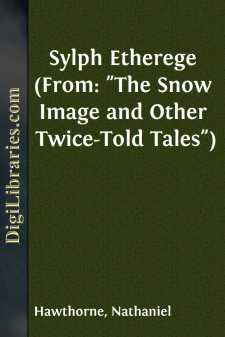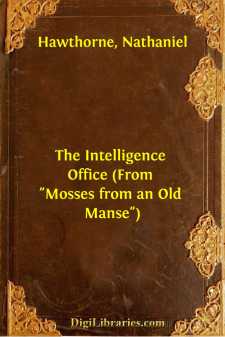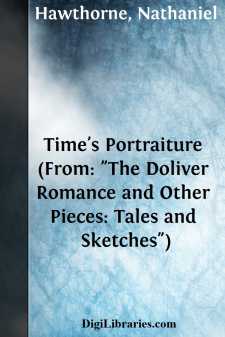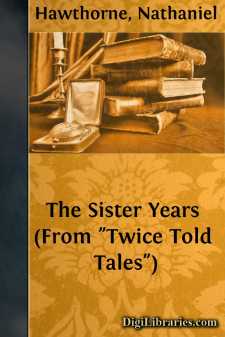Categories
- Antiques & Collectibles 13
- Architecture 36
- Art 48
- Bibles 22
- Biography & Autobiography 815
- Body, Mind & Spirit 144
- Business & Economics 28
- Children's Books 18
- Children's Fiction 14
- Computers 4
- Cooking 94
- Crafts & Hobbies 4
- Drama 346
- Education 58
- Family & Relationships 59
- Fiction 11834
- Games 19
- Gardening 17
- Health & Fitness 34
- History 1378
- House & Home 1
- Humor 147
- Juvenile Fiction 1873
- Juvenile Nonfiction 202
- Language Arts & Disciplines 89
- Law 16
- Literary Collections 686
- Literary Criticism 179
- Mathematics 13
- Medical 41
- Music 40
- Nature 179
- Non-Classifiable 1768
- Performing Arts 7
- Periodicals 1453
- Philosophy 65
- Photography 2
- Poetry 896
- Political Science 203
- Psychology 44
- Reference 154
- Religion 515
- Science 126
- Self-Help 85
- Social Science 83
- Sports & Recreation 34
- Study Aids 3
- Technology & Engineering 59
- Transportation 23
- Travel 463
- True Crime 29
Our website is made possible by displaying online advertisements to our visitors.
Please consider supporting us by disabling your ad blocker.
The Seven Vagabonds (From "Twice Told Tales")
Categories:
Description:
Excerpt
Rambling on foot in the spring of my life and the summer of the year, I came one afternoon to a point which gave me the choice of three directions. Straight before me, the main road extended its dusty length to Boston; on the left a branch went towards the sea, and would have lengthened my journey a trifle of twenty or thirty miles; while by the right-hand path, I might have gone over hills and lakes to Canada, visiting in my way the celebrated town of Stamford. On a level spot of grass, at the foot of the guidepost, appeared an object, which, though locomotive on a different principle, reminded me of Gulliver's portable mansion among the Brobdignags. It was a huge covered wagon, or, more properly, a small house on wheels, with a door on one side and a window shaded by green blinds on the other. Two horses, munching provender out of the baskets which muzzled them, were fastened near the vehicle: a delectable sound of music proceeded from the interior; and I immediately conjectured that this was some itinerant show, halting at the confluence of the roads to intercept such idle travellers as myself. A shower had long been climbing up the western sky, and now hung so blackly over my onward path that it was a point of wisdom to seek shelter here.
"Halloo! Who stands guard here? Is the doorkeeper asleep?" cried I, approaching a ladder of two or three steps which was let down from the wagon.
The music ceased at my summons, and there appeared at the door, not the sort of figure that I had mentally assigned to the wandering showman, but a most respectable old personage, whom I was sorry to have addressed in so free a style. He wore a snuff colored coat and small-clothes, with white-top boots, and exhibited the mild dignity of aspect and manner which may often be noticed in aged schoolmasters, and sometimes in deacons, selectmen, or other potentates of that kind. A small piece of silver was my passport within his premises, where I found only one other person, hereafter to be described.
"This is a dull day for business," said the old gentleman, as he ushered me in; "but I merely tarry here to refresh the cattle, being bound for the camp-meeting at Stamford."
Perhaps the movable scene of this narrative is still peregrinating New England, and may enable the reader to test the accuracy of my description. The spectacleâfor I will not use the unworthy term of puppet-showâconsisted of a multitude of little people assembled on a miniature stage. Among them were artisans of every kind, in the attitudes of their toil, and a group of fair ladies and gay gentlemen standing ready for the dance; a company of foot-soldiers formed a line across the stage, looking stern, grim, and terrible enough, to make it a pleasant consideration that they were but three inches high; and conspicuous above the whole was seen a Merry-Andrew, in the pointed cap and motley coat of his profession. All the inhabitants of this mimic world were motionless, like the figures in a picture, or like that people who one moment were alive in the midst of their business and delights, and the next were transformed to statues, preserving an eternal semblance of labor that was ended, and pleasure that could be felt no more. Anon, however, the old gentleman turned the handle of a barrel-organ, the first note of which produced a most enlivening effect upon the figures, and awoke them all to their proper occupations and amusements. By the self-same impulse the tailor plied his needle, the blacksmith's hammer descended upon the anvil, and the dancers whirled away on feathery tiptoes; the company of soldiers broke into platoons, retreated from the stage, and were succeeded by a troop of horse, who came prancing onward with such a sound of trumpets and trampling of hoofs, as might have startled Don Quixote himself; while an old toper, of inveterate ill habits, uplifted his black bottle and took off a hearty swig. Meantime the Merry-Andrew began to caper and turn somersets, shaking his sides, nodding his head, and winking his eyes in as life-like a manner as if he were ridiculing the nonsense of all human affairs, and making fun of the whole multitude beneath him. At length the old magician (for I compared the showman to Prospero, entertaining his guests with a mask of shadows) paused that I might give utterance to my wonder....


